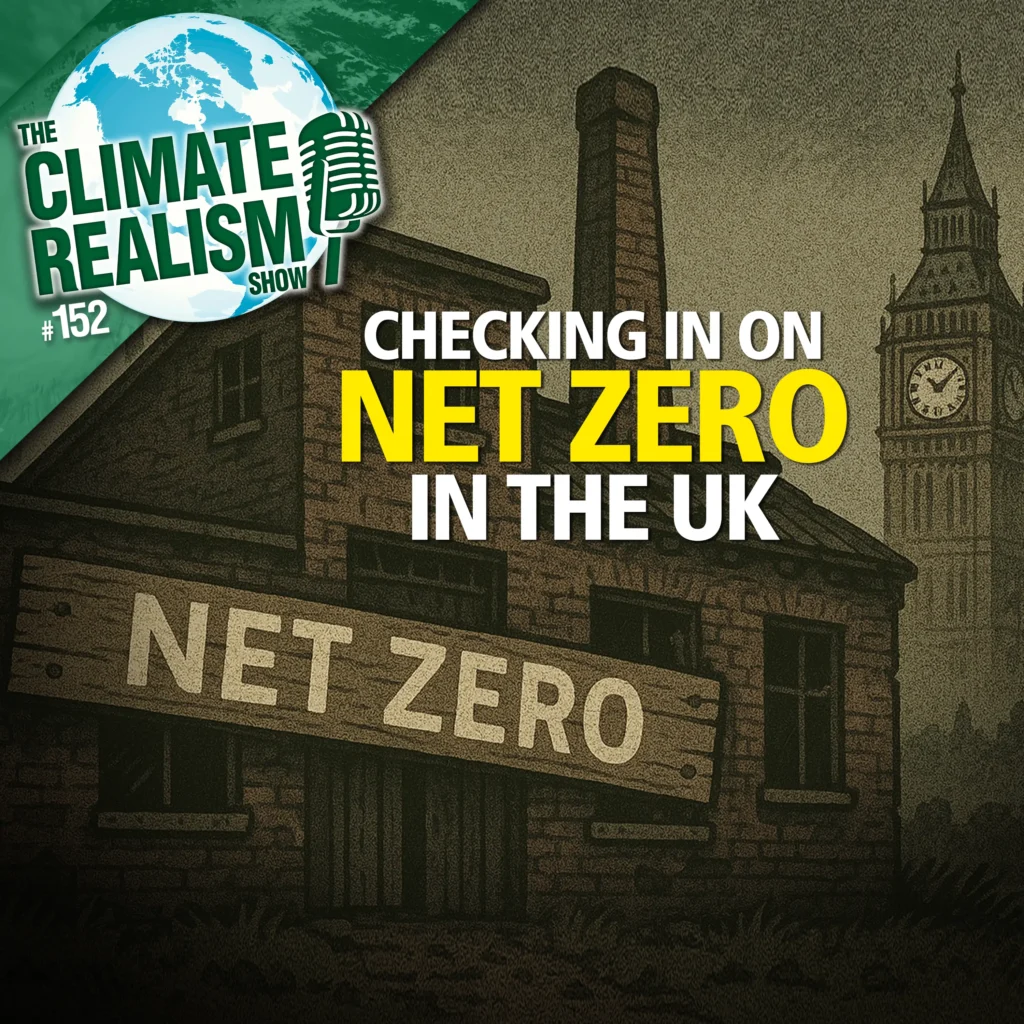While increased government regulation tends to follow government aid that funds the supply of services, increased strings do not follow government aid that funds the demand for services.
There are many precedents for making such a distinction, including Social Security, welfare, college tuition grants and loans, and other entitlement programs. Qualified participants use the funds they receive to buy goods and services from a wide range of institutions: for-profit, nonprofit, and religious.
A recent study of competition and choice in New York City social services encourages the use of vouchers as an effective means of reducing the need for government bureaucracy. Baruch College professor E.S. Savas concluded that service delivery via vouchers not only promotes citizen choice but also offers a solution to the challenge of specifying standards in social-service contracts.
“Vouchers allow users to measure performance; that is, to judge for themselves which service suppliers best satisfy their needs,” noted Savas. Standards need not be articulated with vouchers, he added, because “voucher recipients simply choose the program they prefer from available suppliers.”
With vouchers for child care, for example, Savas notes that “parents do not have to be professional educators, or even literate, to select the child-care option they deem best, on the whole, for their children.”
For more information …
The May 1999 report by E.S. Savas, “Competition and Choice in New York City Social Services,” is available from the School of Public Affairs at Baruch College, City University of New York, 17 Lexington Avenue, New York, NY 10010, phone 212/802-5909.



